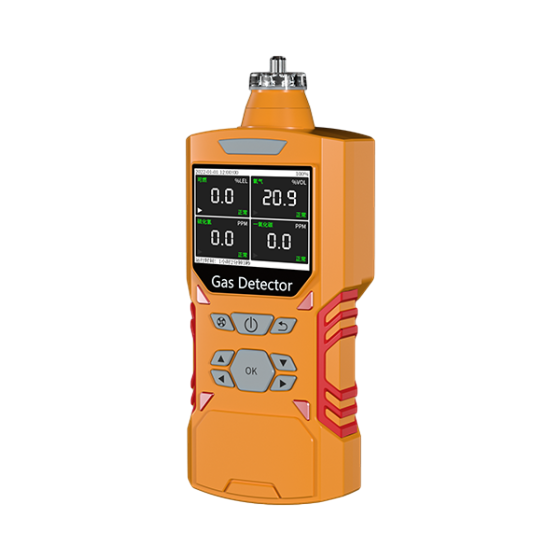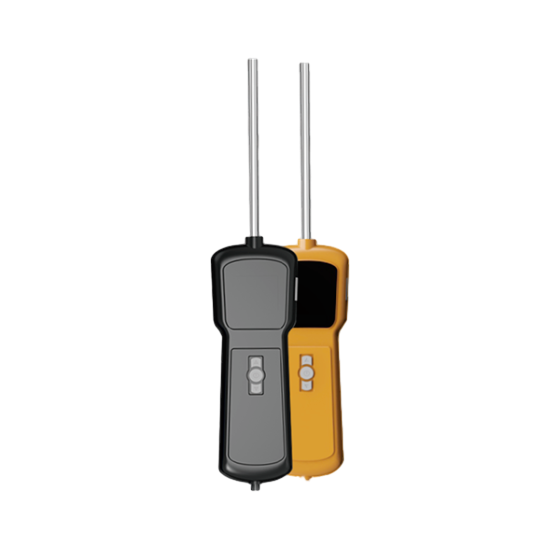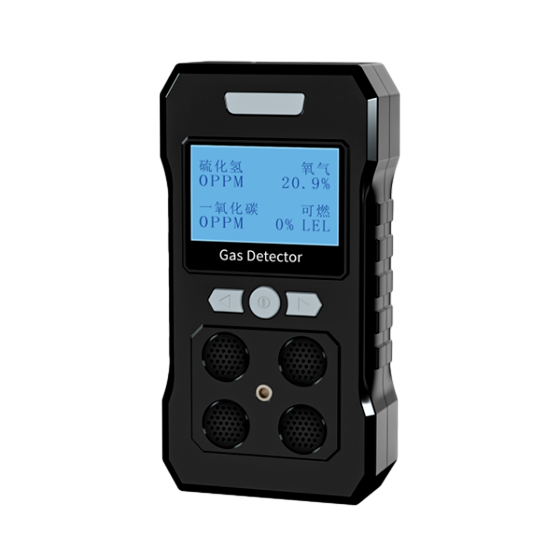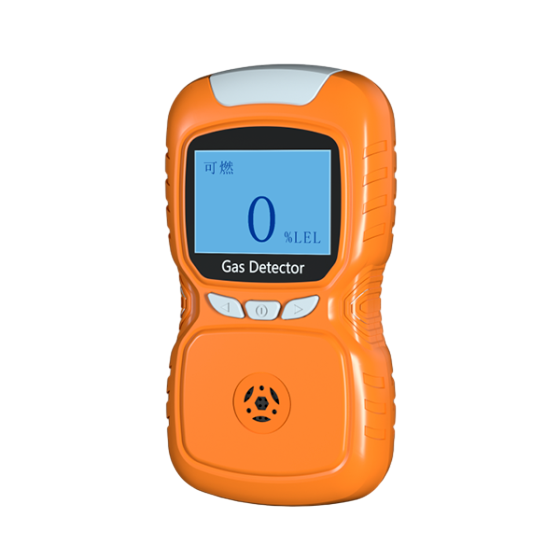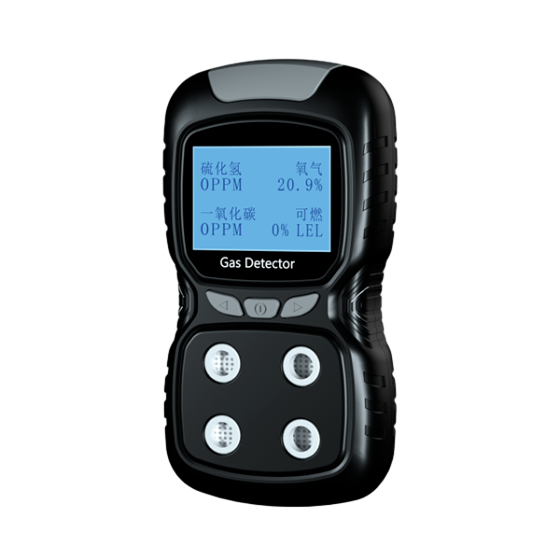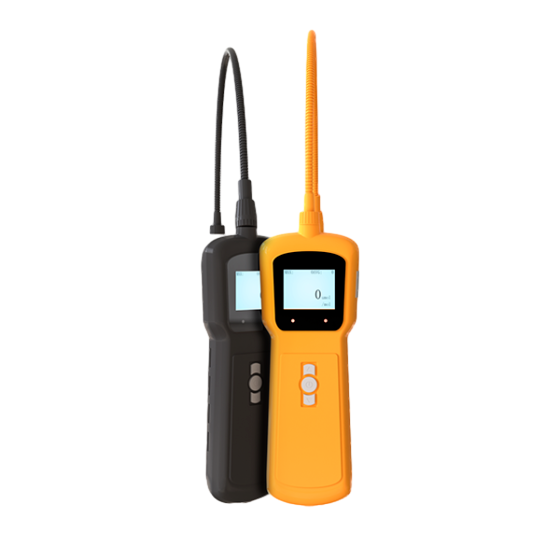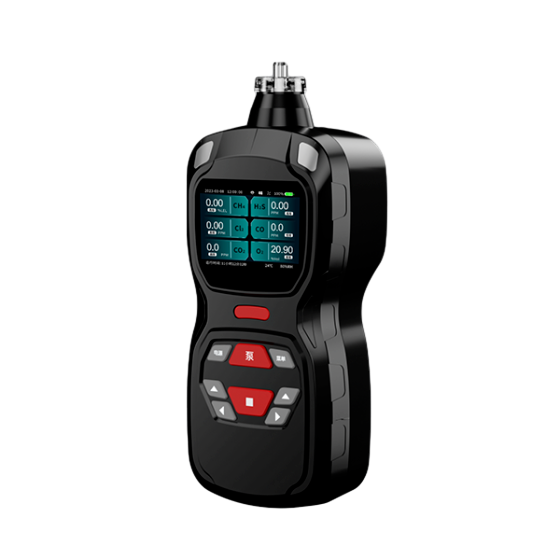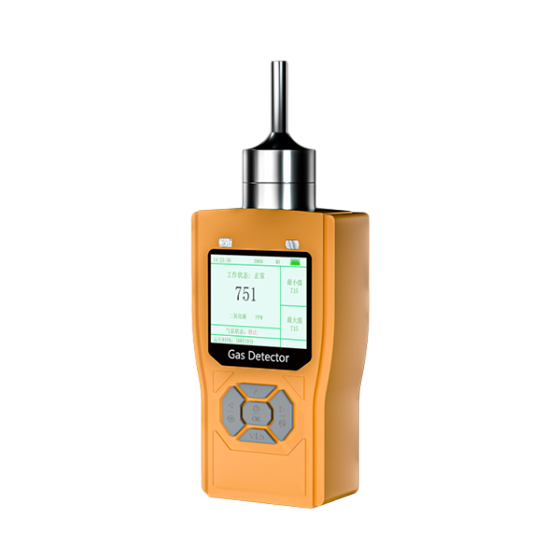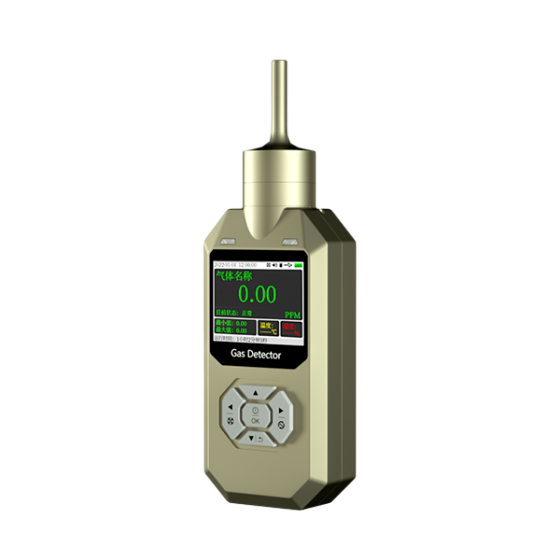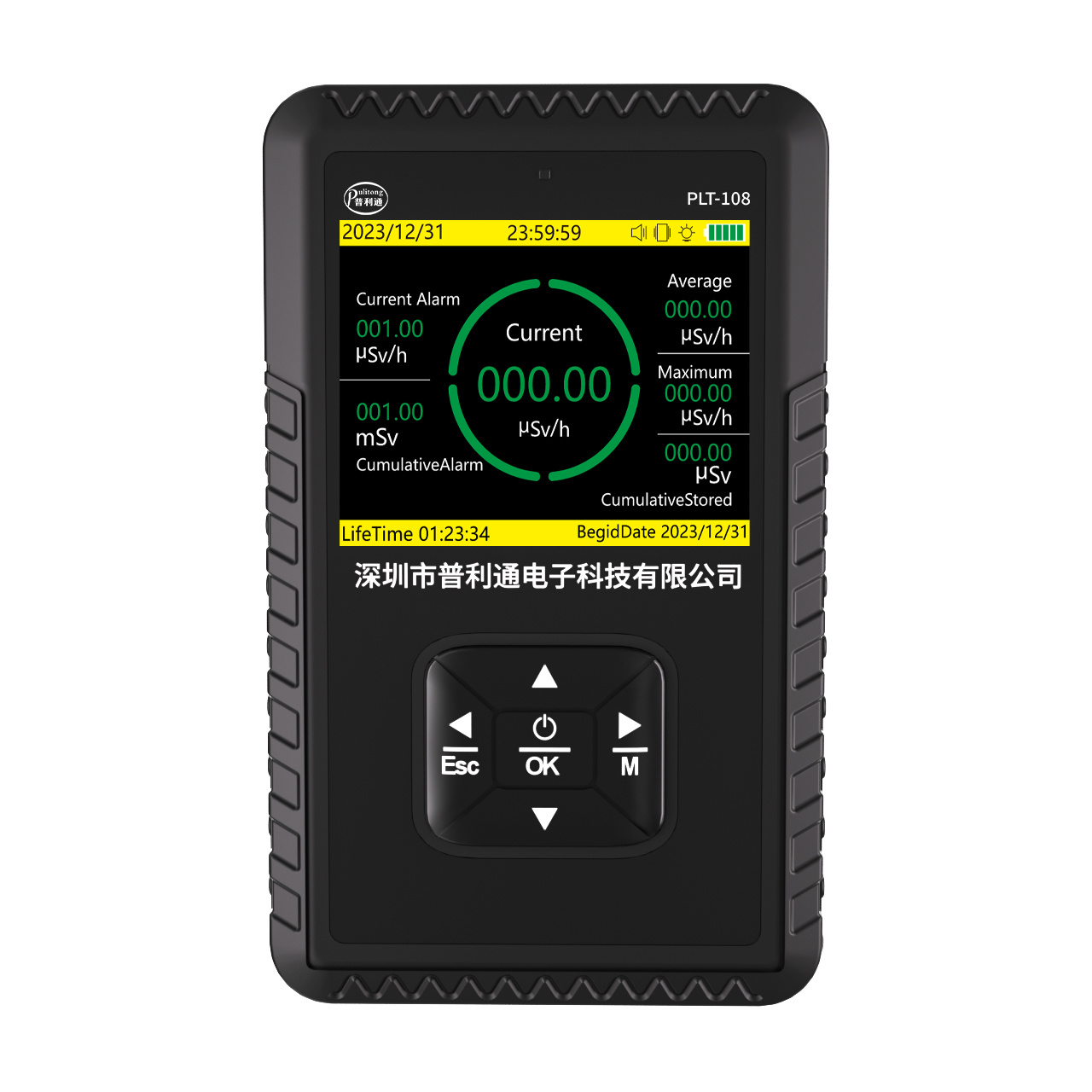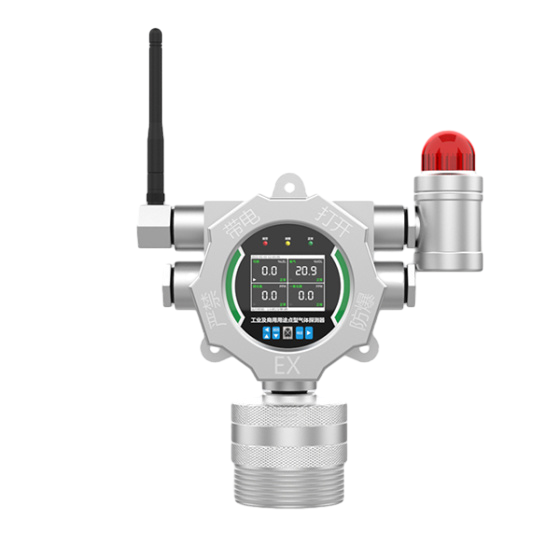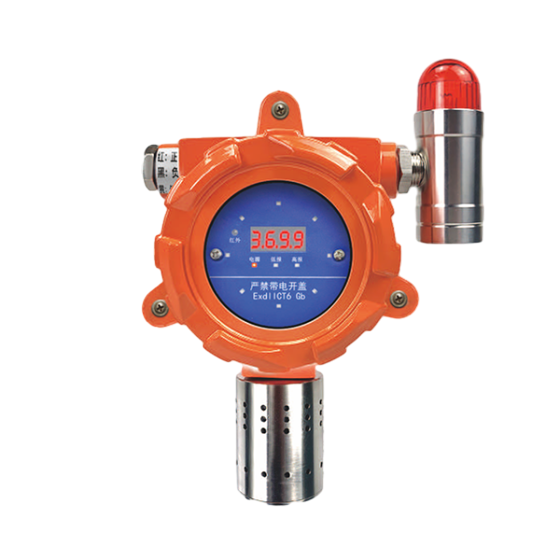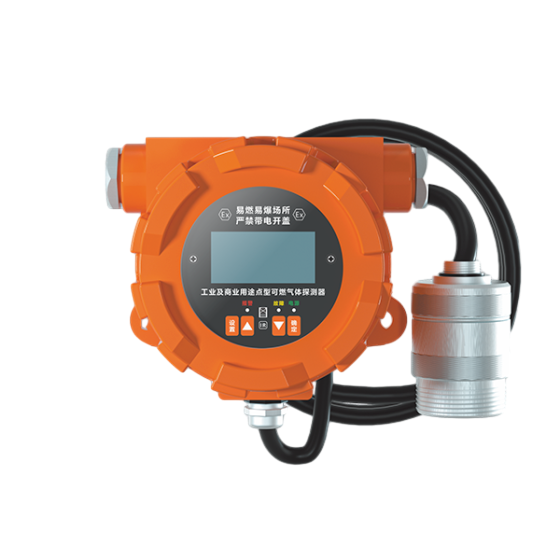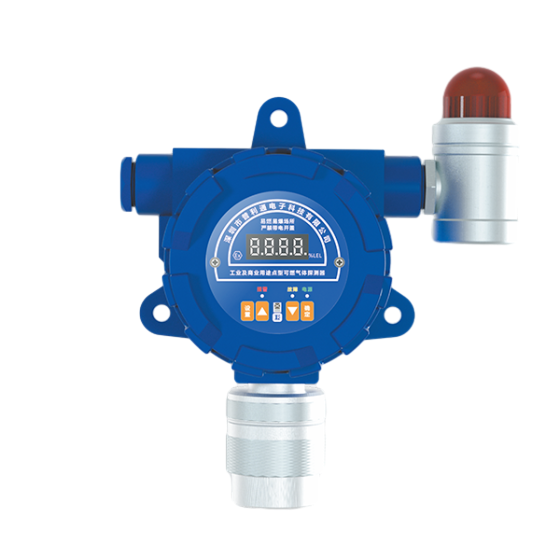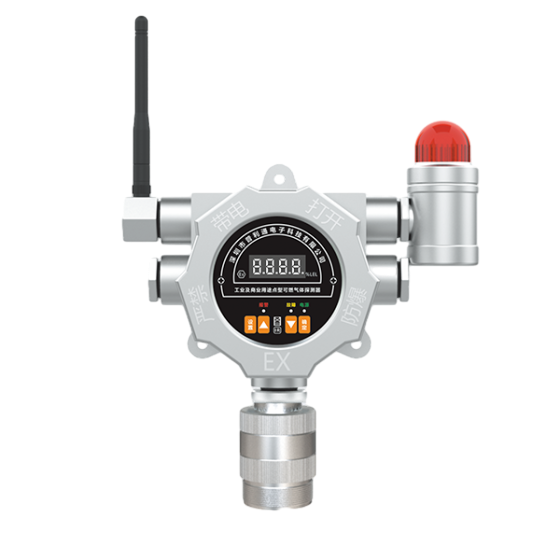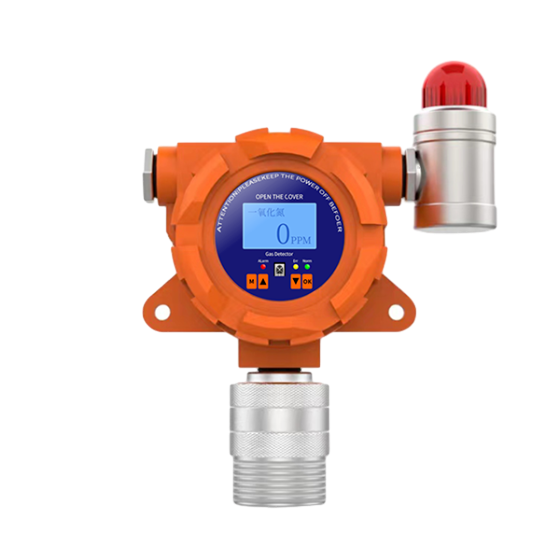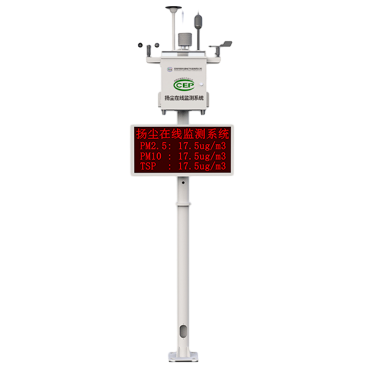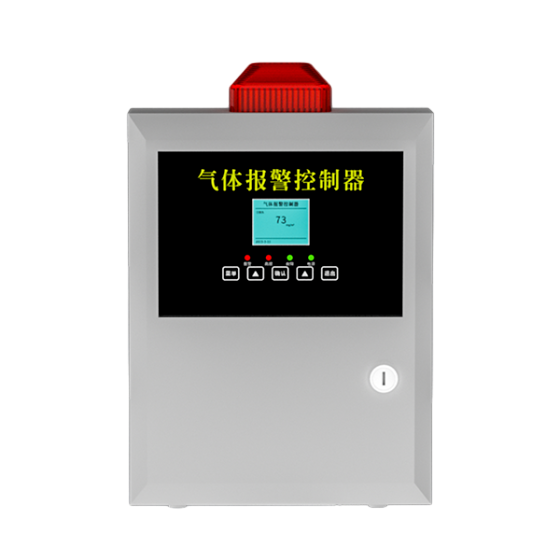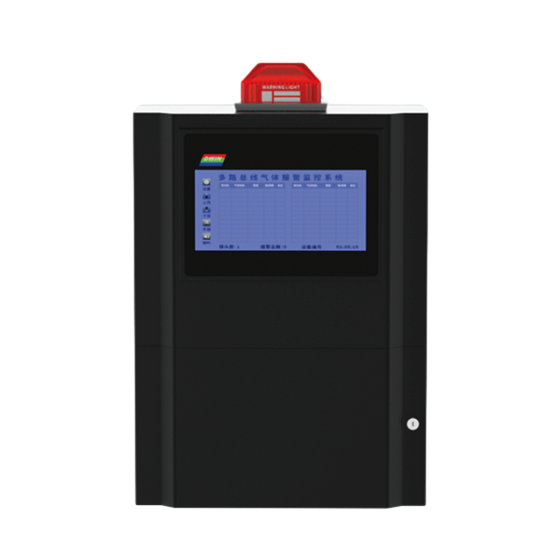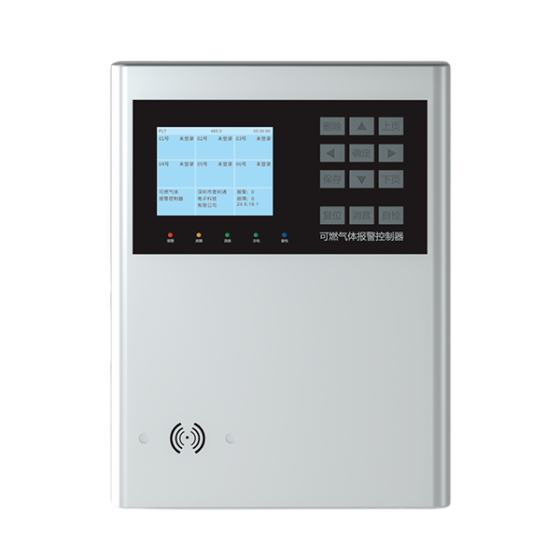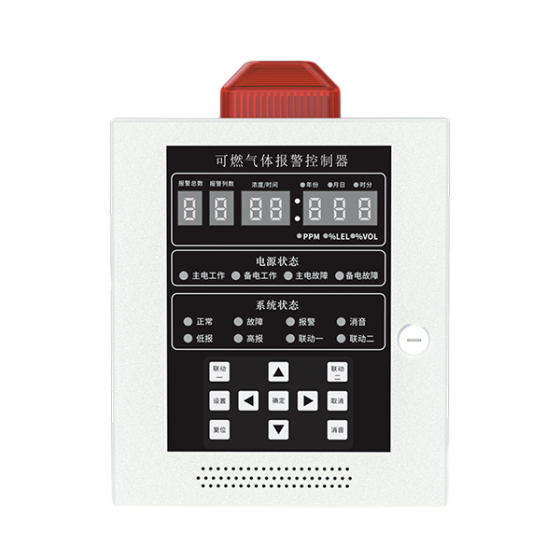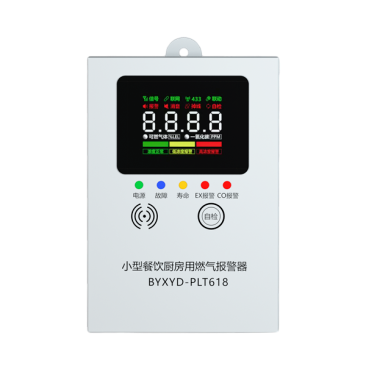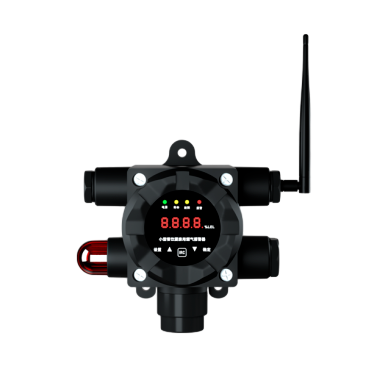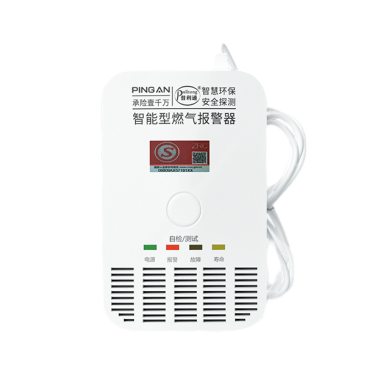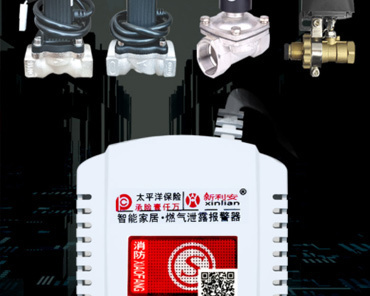The Versatile Applications of Combustible Gas Detectors
2025-05-06
Understanding Combustible Gas Detectors
We live in a world where safety and efficiency go hand in hand, right? That's where the combustible gas detector comes into play. This nifty gadget is not just a tool; it's a lifeline in various industries. But what exactly is it, and how does it fit into our daily lives? Let’s dive into the nitty-gritty!
What is a Combustible Gas Detector?
In simple terms, a combustible gas detector is a device designed to identify the presence of flammable gases in an area. It's like having an extra pair of eyes watching out for danger. Often used in industrial settings, homes, and even vehicles, these detectors can help prevent explosions and fires. Talk about peace of mind!
Key Applications in Various Settings
Now, let's explore some of the most common applications of the combustible gas detector. Buckle up!
1. Industrial Environments
In factories and manufacturing plants, flammable gases can be lurking around every corner. These detectors are essential for ensuring that workers are safe from potential hazards. They monitor gas levels and alert staff before things get out of hand. Safety first, right?
2. Residential Use
Surprisingly, many homeowners aren’t aware of the need for a combustible gas detector. Whether it’s natural gas for your stove or propane for your grill, these devices can be lifesavers. Placing one in your home can help you detect gas leaks early, protecting your family and property.
3. Automotive Applications
Did you know that combustible gas detectors are used in vehicles too? Yep! They help monitor exhaust emissions and ensure that harmful gases don’t accumulate in the cabin. This not only keeps drivers safe but also ensures compliance with environmental regulations.
4. Oil and Gas Industry
In the oil and gas sector, safety is paramount. Here, the stakes are high, and so are the risks. Combustible gas detectors are crucial for monitoring gas levels, particularly in drilling and refining operations. They can prevent catastrophic incidents, which is why they’re considered indispensable.
How Do They Work?
Okay, let’s get a bit technical! Combustible gas detectors typically use a sensor that reacts to the presence of specific gases. When gas is detected, the sensor sends a signal to the control unit, which then triggers an alarm. It’s a swift response that can save lives!
Choosing the Right Detector
With so many options on the market, how do you choose the right combustible gas detector? Here are some tips:
- Understand Your Needs: Identify the types of gases you need to detect.
- Consider Sensitivity: Look for detectors that can identify low levels of gas.
- Check for Certifications: Ensure your detector meets safety standards.
- Ease of Use: Choose a model that is user-friendly, especially for residential use.
Final Thoughts
In a nutshell, the humble combustible gas detector plays a vital role in keeping us safe across various applications. From industrial sites to cozy homes, it’s an unsung hero that deserves recognition. So, whether you’re a factory manager, a homeowner, or an automotive enthusiast, investing in a quality gas detector is a no-brainer!
Next time you hear a beep from your detector, remember: it’s not just noise; it’s your guardian angel watching out for you.
Related Info
Combustible gas alarm maintenance
2020-07-03
2021-01-14








